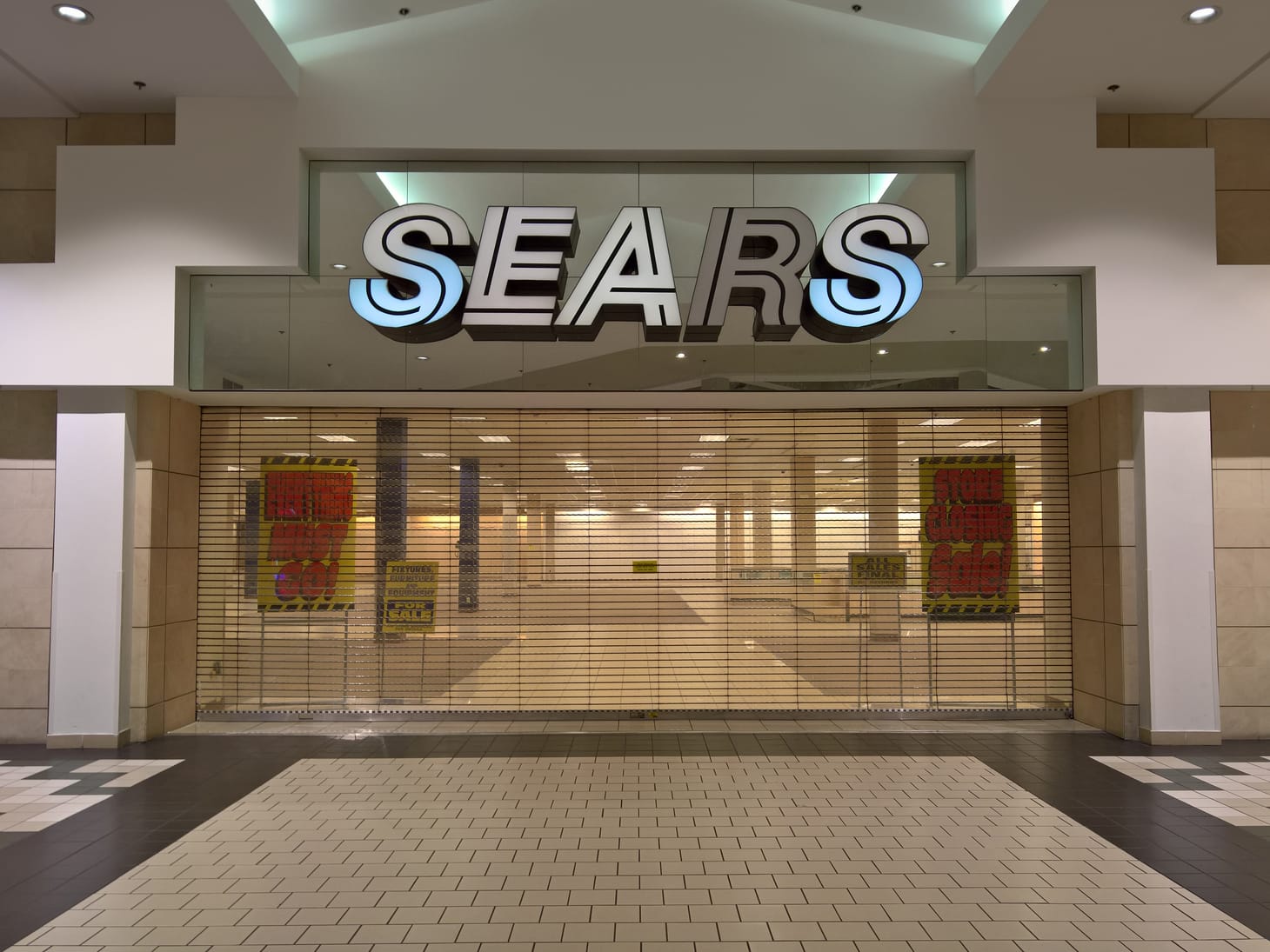Too Big to Fail? Think Again
It is dangerous to believe that an organization is immune to failure because of its size. Historical evidence proves that size and market dominance are no safeguards against failure. Success is earned by adaptability, innovation, and a relentless commitment to meeting changing demands.

The myth that anything or anyone is too big to fail persists, but history serves as a stark reminder that size and influence do not guarantee permanence.
As someone who grew up in Chicago, I was aware of the widespread belief that Sears, Roebuck, and Co., the hometown retail giant, was "too big to fail." Its size, power, and influence were legendary.
In the 1920s, Sears was more than just a department store; it was an integral part of American life. Through its mail-order catalog, Sears connected with millions of households across the country. The company sold an astonishing range of products, including radios, when many Americans didn't have access to radio stations. This presented a challenge, which Sears turned into a business opportunity by launching WLS 890 AM Chicago in 1924—a radio station powerful enough to broadcast across the Midwest.
This strategic move allowed Sears to sell radios and control the content that listeners consumed. Imagine a scenario today where a retail giant like Walmart sells you a television and then controls the broadcast content, continuously feeding you advertisements for its products. This was the influence Sears wielded, and they were not too subtle about it. WLS stood for "World's Largest Store," and rightly so, as Sears's reach and power were unmatched.
Fast forward to today, and Sears is a shadow of its former self, having filed for bankruptcy in 2018 and closed numerous stores. Its current foot print is about a dozen stores in the US. This downfall underscores a critical lesson: no organization or individual is immune to failure, regardless of their size or market dominance. The rapid shifts in consumer behavior, technological advancements, and competitive pressures can bring even the mightiest entities to their knees.
Comparatively, Walmart, while a retail behemoth in its own right, has never achieved the level of cultural and economic integration that Sears once had. Yet, Sears's fate serves as a cautionary tale for Walmart and other large corporations. Complacency, failure to innovate, and underestimating emerging competition can lead to decline, regardless of how entrenched a company might seem.
Success is earned by adaptability, innovation, and a relentless commitment to meeting changing demands. As we navigate our own careers and lives, we must remember that no individual or organization is too big to fail and that our actions and decisions have a ripple effect on the future.




